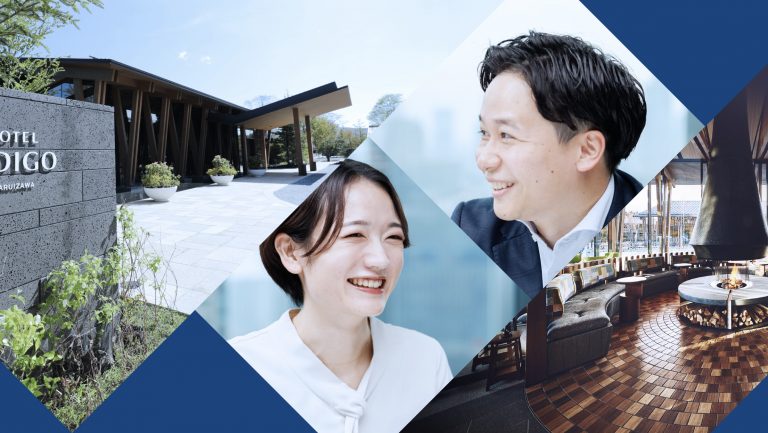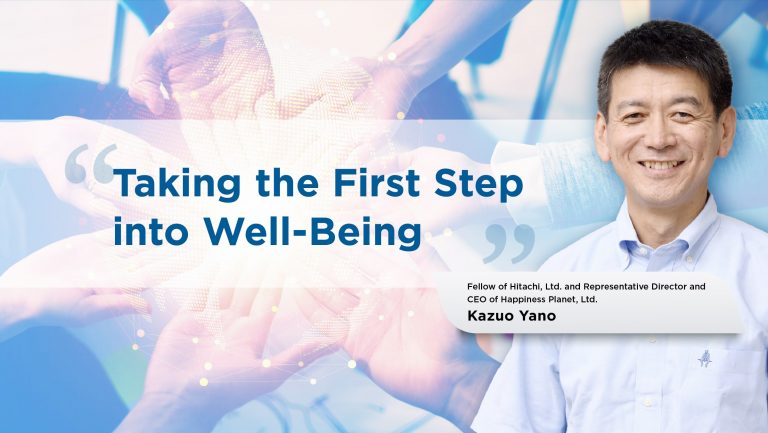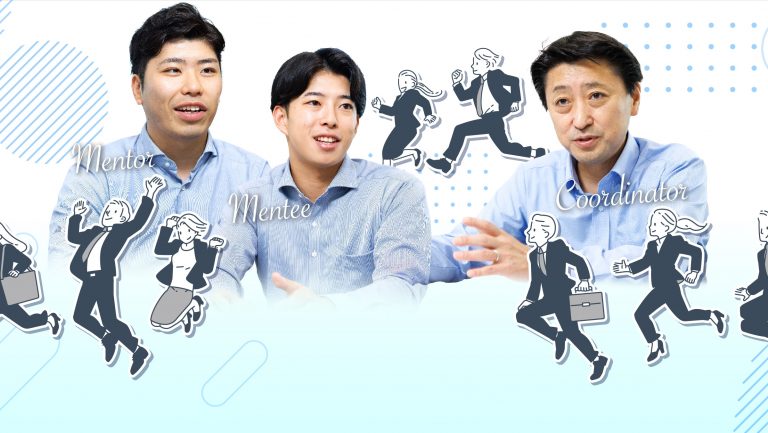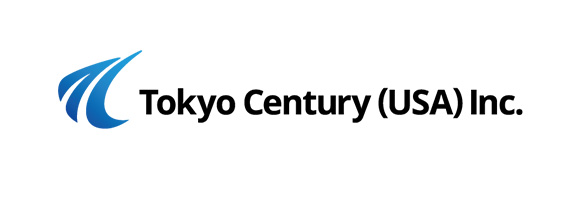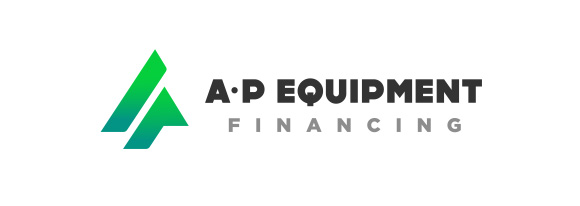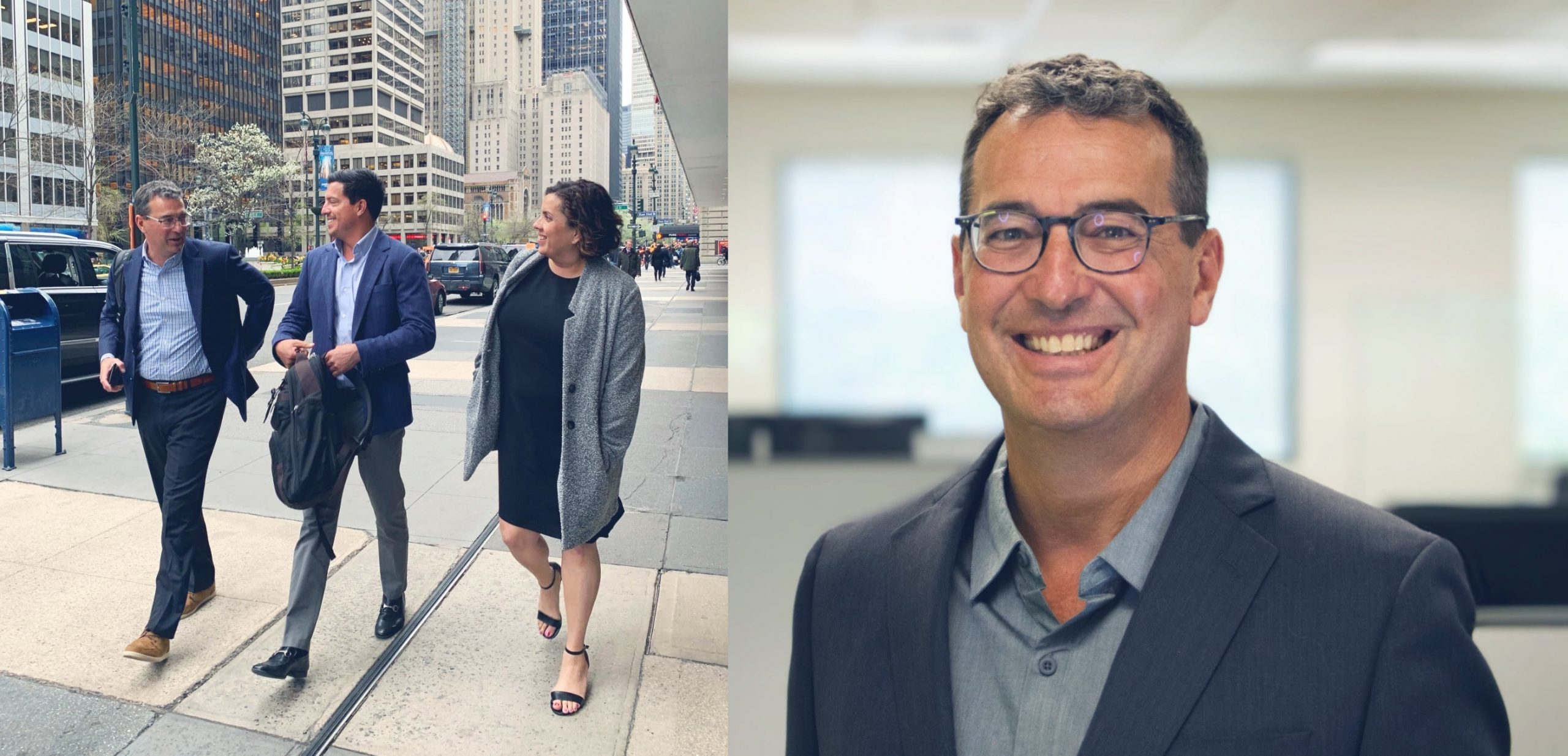
Chris Enbom has been the CEO of Allegiant Partners Incorporated (API) since 1998, CEO of Work Truck Direct since 2015, and was appointed as CEO and director of Tokyo Century USA in April 2021. We sat down with him to learn about his career, discuss the businesses he runs, understand how they can work together, and consider the opportunities that await in the future.
Finding Your Niche, in Employment and in the Market
─ Could you tell us about your early life and education?
I grew up in the small town of Corvallis, Oregon, and lived there until I graduated high school. I went to the University of California, Berkeley. Coming from a small town, it was a pretty different experience, but I really enjoyed it. I studied economics and political science, before going to graduate school at the University of California, San Diego, where I took what was then known as Pacific Rim studies, a form of international relations. I did some Japanese language studies at this time.
While in graduate school, I worked part-time for a commercial real estate developer who had a relationship with one of the top banks in Japan. Through this relationship, I was given an internship with a leasing company based in Tokyo. After doing aircraft financing with the leasing company for a year, I ended my studies at graduate school to take a job with an affiliate of the leasing company which was a small boutique investment bank that did arranged aircraft financing and rail financing. In fact, I sold some aircraft leasing transactions to Tokyo Leasing, the predecessor of the Tokyo Century Group.

When Chris was in Japan in 1990/With API members in NY
─ Why did you start API?
After 10 years, I became a little tired of spending weeks away from home and being in different time zones on an almost daily basis. I have always been a person who is in charge of selling our services, and closing the transactions. This meant that you’re only as good as your last transaction, and then you’re off looking for the next transaction. I wanted something stable, and I wanted to try to run a company myself. So, I raised money from my friends and my family, hired a partner, and founded API.
We decided that we would buy transactions from third party originators or brokers, focusing on slightly riskier credits, to make the transactions relatively high yield. We wanted to keep the business small and, after five years, we had eight people, and had built a balance sheet of roughly $30 million. Then the recession hit in 2007. It was then that we realized that when there’s a lot of capital available, people tend to start making bad credit decisions. Banks were starting to take the same type of high-yield transactions that we would buy with potential returns of 15%, and they would buy them at 4%.
We did a good job managing through the recession, but we knew that we needed to change our business model, to ultimately have something that was more sustainable. But we also decided we really wanted to grow something and do something much bigger. We purchased a broker that handled business, financing, and delivery van supply on behalf of FedEx contractors, and we started to grow API in that market. We also acquired a broker that was focused on the tree care (arbor), and party and event rental finance space.
The business that these two brokers brought to us are still our two most profitable segments. We also hired some young, innovative people for the marketing side. Despite being a small company, API has always been on the cutting edge of sales and marketing, which has greatly contributed to our growth over the past seven years.
─ Why was it beneficial for Work Truck Direct to become a member of the group?

We started Work Truck Direct in 2015 as a way to market and sell trucks to FedEx contractors directly. FedEx package deliveries in the US are handled by contractors, who need to source and finance their own fleets of trucks. When we began truck financing with API in 2011, we discovered that, while contractors were pleased with our financing options, they also needed a way to find more trucks that were built to certain specifications ─ which often couldn’t be accomplished through a local dealer.
We began keeping a list of trucks available from different dealers across the US, and got a truck dealer’s license in Oregon. This allowed us to begin buying and selling trucks and provide contractors with more than just financing, but also help them to figure out what trucks they needed, and how many. Additionally, we can act as the marketing arm of dealers across the US, promising that if they order a certain number of trucks, and change the titles to those of our customers, we can guarantee that those trucks will get sold.
We also sell equipment for tree and arbor companies, another natural progression, given our experience financing niche areas. By acting as the dealer for trucks and equipment in these specialized spaces, as well as providing finance, it makes it easier to provide services to customers and keep them happy.
Doing the Right Thing for Employees and the Business

API members were able to shift to work from home smoothly
─ How have your companies been affected by the Covid-19 pandemic?
In some ways, it’s a lot like everyone else. We’re all wearing masks and working from home a lot more. I didn’t travel on a commercial airplane for about a year. But in terms of the ability of our company to adapt, it wasn’t too hard. We were already almost totally digital, so our employees could quickly transition to working from home. In fact, it’s actually changed how we feel about the situation. In the past, we didn’t want employees ─ especially sales employees ─ to work remotely. But we’ve completely changed our minds, because we found we could manage people effectively remotely. It also opened up our ability to make hires from outside of our local area: we just hired a sales representative who is based in New York to work for API, which is based in Bend, Oregon.
─ What is it important for businesses to bear in mind during the pandemic?
I think we just all have to be flexible. As we’ve seen, things are unpredictable when you’re dealing with a virus. In 2020, traveling was restricted but currently some things have started to open up. In August, I was in Michigan, Ohio, Oregon, and Washington. I think we’re going to be dealing with this for a long time to come, and we have to keep an open mind and do what we have to do to keep people safe, while at the same time keeping business going as smoothly as possible.
Becoming a Member of Tokyo Century Group

At Closing Party 2019
─ What were your first impressions of Tokyo Century Group when you joined?
Even having known the predecessor group, and having worked in Tokyo in the past, I hadn’t been to the city for 25 years. Today, the company is a lot more modern than I had expected (thanks to my outdated memory!), with very impressive offices. I had some previous experience with the company and its people in New York, so I knew it had a very positive yet distinctly Japanese culture.
I was also pleasantly surprised by how much Tokyo had changed, and how much more friendly it was to foreigners than before.
─ What do you believe are Tokyo Century USA’s best qualities as a company?
As a larger company, Tokyo Century USA brings a huge amount to the table. It has significant resources, including people who can help with relationship management. A lot of the big opportunities we’re looking at now are a result of the relationships that Tokyo Century Group has had for many years. It also means we have access to great analysts, as well as the capital, so we will be able to grow in ways that we weren’t able to in the past. We’re already bringing these positive attributes to bear, lowering our costs and therefore offering our customers more attractive rates.
─ As the CEO of Tokyo Century USA, API, and Work Truck Direct, what are your ambitions and future plans for these companies?
All of the senior leadership, including myself, believe that there is a lot of growth potential for all of these companies. Right now, our focus is on answering the questions: how can we take advantage of the growth opportunities that we have, and how can we better leverage the capabilities of all three companies together? There are a number of exciting opportunities we’re pursuing at the moment, including acquisitions and joint ventures.

With colleagues. Bend, where office locates, is famous for local craft beers.
─ How will you use your experience to help Tokyo Century USA to grow?
Tokyo Century USA has been, I would say, a traditional, Japanese-run Western affiliate firm. One of the reasons I was brought in was because running a US-subsidiary is something very dependent on creating a culture of growth and innovation, as well as being able to attract really good talent in the US. That’s something difficult for any company, but especially in finance, where competition for talent is fierce.
─What do you think is the key to creating an environment or culture that attracts talent and maximizes their potential?
People are attracted to good leadership, a culture and environment that promotes strong teamwork, and the chance to create something exciting. We’ve been especially good at creating an atmosphere that fosters these at API, which is why the company has grown so quickly.
I believe that if you create a good company culture like this, but lose it, you will lose talent, as well. Understanding your culture, defining it, and living by that culture’s rules is very important. The cultures of API and Tokyo Century USA are very different, both in terms of national origin and the way we approach day-to-day business. But while bringing those cultures together may be a challenge, sticking to the new culture is the bigger difficulty. Some people don’t believe in business culture, but I really do. I think it’s extremely important. Some of our employees, such as Chris Lerma and Raquel O’Leary, have been with us for over 10 years because our culture is dedicated to creating new things for our customers and that’s a fun thing. By continuing to foster that kind of culture, we’ll continue to attract top talent, win customers, and provide value by doing things a little differently ─ including by offering things invented by the people we have.

Chris Enbom
CEO of the TCUSA group, which consists of AP Equipment Financing, Work Truck Direct, and TCUSA.
https://apfinancing.com/team_members/chris-enbom/
*The contents of the article and the position titles are as of the date posted.
RECOMMEND ARTICLES
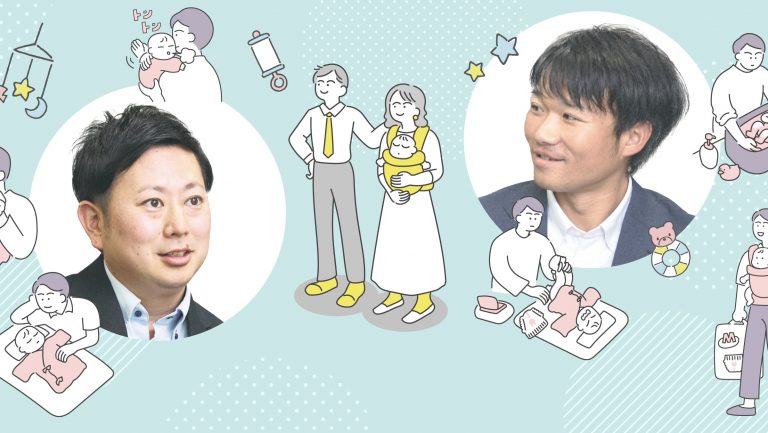
Feb 28, 2024
With the Act on Chil…
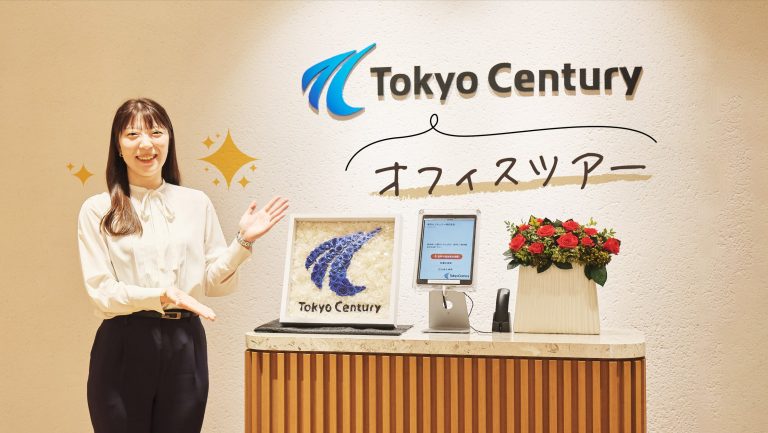
Sep 27, 2023
TOKYO TORCH is a new…


